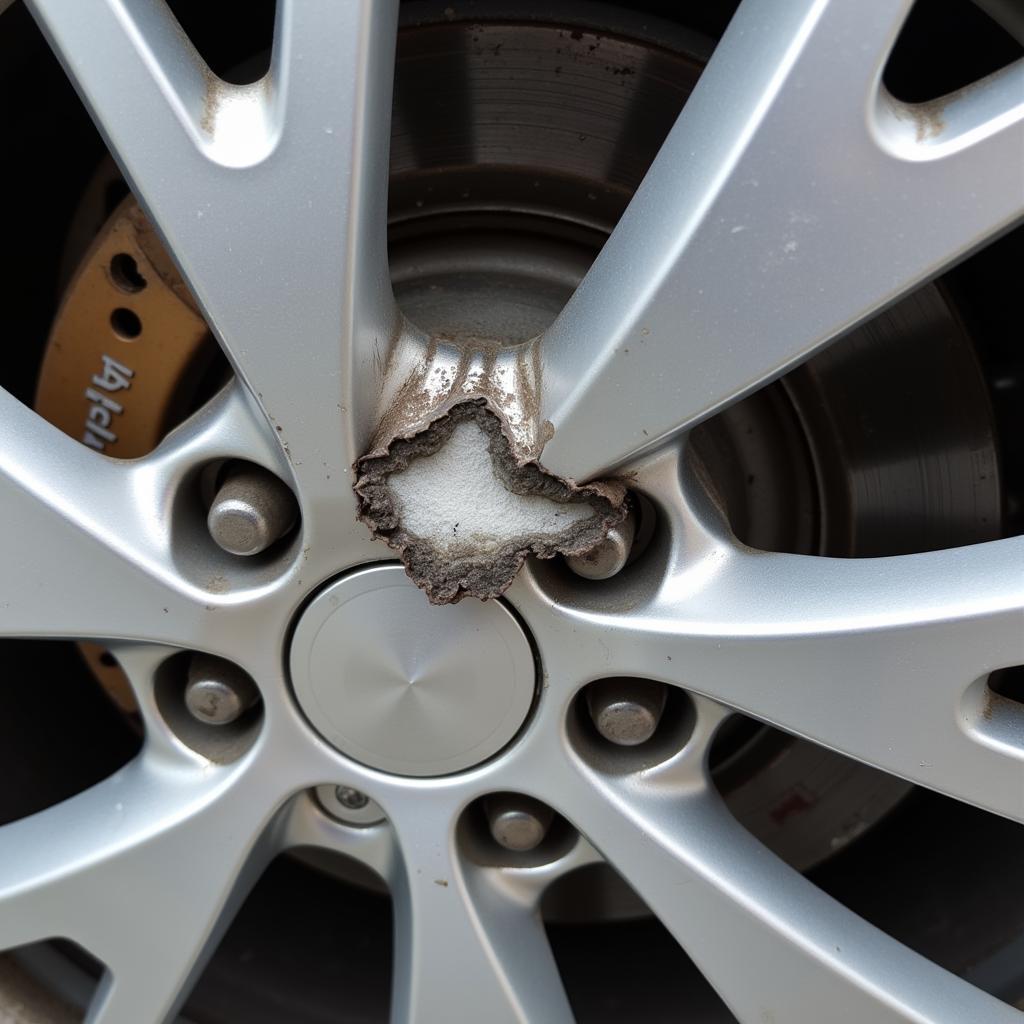Driving a car with transmission problems can range from slightly annoying to downright dangerous. Ignoring these issues can lead to costly repairs down the line or even leave you stranded on the side of the road. So, how do you know if your transmission is acting up, and more importantly, can you still drive? Let’s dive into everything you need to know about driving with transmission troubles.
Understanding the Signs of Transmission Trouble
Before deciding whether to drive, you must recognize the red flags. A slipping transmission, where the engine revs but the car doesn’t accelerate properly, is a serious warning. Rough shifting, difficulty getting into gear, or a burning smell are also telltale signs. Unusual noises, like whining, clunking, or humming, shouldn’t be ignored either.
What Does a Failing Transmission Feel Like?
A failing transmission often manifests as a delayed response when you accelerate. You might notice the engine revving higher than usual before the car picks up speed. The shifting between gears can feel jerky, hesitant, or even completely absent.
Can I Drive a Car with a Slipping Transmission?
While technically possible in some cases, driving with a slipping transmission is strongly discouraged. Continuing to drive could exacerbate the problem, leading to more extensive and expensive repairs. In a worst-case scenario, the transmission could fail completely, leaving you stranded.
Is it Safe to Drive with Transmission Problems?
Driving with certain transmission problems can pose a safety risk. A slipping transmission can make it difficult to accelerate or maintain speed, especially when merging or passing. A sudden loss of power could also lead to an accident.
When to Seek Professional Help: Can I Drive a Car With Transmission Problems?
The simple answer is: if you suspect a transmission problem, get it checked by a professional immediately. Don’t risk further damage or compromise your safety. A qualified mechanic can diagnose the issue and advise you on the best course of action.
How Much Does Transmission Repair Cost?
Transmission repair costs can vary widely depending on the make and model of your vehicle and the extent of the damage. A minor repair might cost a few hundred dollars, while a complete transmission replacement could run into thousands.
Temporary Fixes and Precautions
While a professional repair is always the best solution, there are a few temporary measures you can take if you absolutely must drive a short distance with transmission problems. Check your transmission fluid level and top it off if necessary. Avoid heavy acceleration and try to maintain a consistent speed. However, remember that these are only temporary fixes and should not be relied upon long-term.
“Regular transmission maintenance is key to preventing costly repairs,” says John Miller, a certified automotive technician with over 20 years of experience. “Don’t wait until you experience problems to get your transmission checked.”
Can I Drive a Car with Transmission Problems? The Bottom Line
Driving with transmission problems is a gamble. While you might be able to drive for a short time, the risk of further damage and potential safety hazards is significant. Don’t delay seeking professional help. Early diagnosis and repair can save you money and keep you safe on the road. Contact us at AutoTipPro for assistance. Our phone number is +1 (641) 206-8880, and our office is located at 500 N St Mary’s St, San Antonio, TX 78205, United States.
“Addressing transmission issues promptly can prevent a minor problem from turning into a major headache,” adds Sarah Johnson, a lead mechanic at a reputable auto repair shop. “Ignoring the warning signs can lead to significant expenses down the line.”
FAQ
- What are the most common transmission problems?
- Slipping gears, rough shifting, delayed engagement, and fluid leaks are common transmission issues.
- How often should I get my transmission fluid changed?
- Consult your owner’s manual for recommended intervals, but generally, every 30,000 to 60,000 miles is a good guideline.
- Can low transmission fluid cause damage?
- Yes, low transmission fluid can lead to overheating, friction, and ultimately, transmission failure.
- What is the difference between a manual and an automatic transmission?
- A manual transmission requires the driver to shift gears manually, while an automatic transmission does it automatically.
- How can I tell if my transmission fluid is low?
- Use the transmission dipstick to check the fluid level. The dipstick usually has markings indicating the proper level.
- Is it expensive to rebuild a transmission?
- Rebuilding a transmission can be costly, often comparable to replacing it with a remanufactured unit.
- Can I drive a car with a leaking transmission?
- Driving with a leaking transmission is not recommended, as it can lead to low fluid levels and further damage.





Leave a Reply